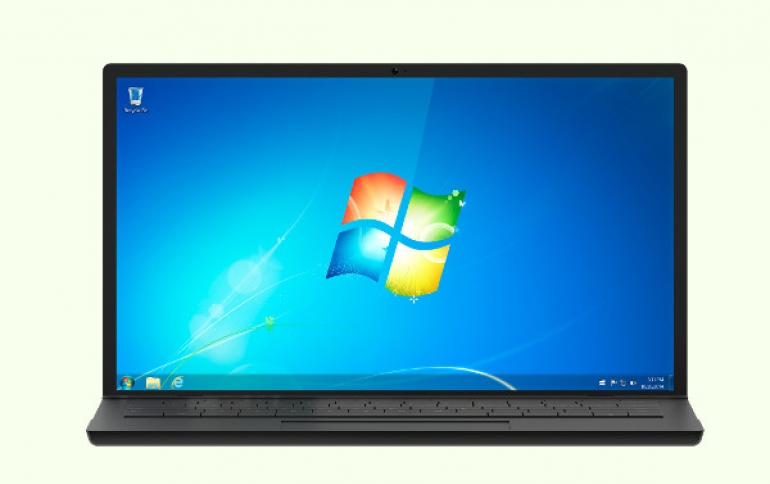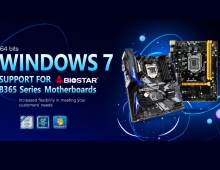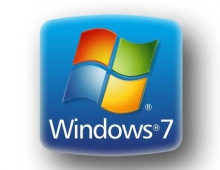
Windows 7 OS Won't Get Support Anymore
Microsoft's Windows 7 oeprating system officially reaches end-of-life (EoL) status on January 14.
End-of-life in Microsoft terminology means the end of the support lifecycle. First released on October 22, 2009, Windows 7 was the successor to the Windows Vista operating system. It has gone on to become one of the most successful versions, still commanding a 32.74% share of the Windows desktop market as 2019 came to an end. The same market research had Windows 10, released six years later, on a 47.65% market share.
Windows 7 was released more that 10 years ago and Microsoft only committed to 10 years of product support. What that means is there will no longer be any technical assistance or software updates from Windows Update, including security updates. Business customers willing to pay for the privilege through the Windows 7 Extended Security Update (ESU) program, can remain protected for a further three years yet.
Windows 7 users are now having the options to move to Windows 10 or even to a Linux-based OS. There are many of those from which to choose, such as Ubuntu, Mint, and Fedora to name a few. There is one such Linux distribution, however, that is designed to run on older hardware and is focused on providing a welcoming experience to Windows 7 switchers. Called "Linux Lite," it has a user interface that will feel familiar to Windows 7 users. The latest version os Linux Lite 4.8. It offers full compatibility with Microsoft's Office suite, software like Firefox, Chrome, Teamviewer, VLC as well as full system back up tools, Steam and more.
There is a small issue, however, with Canonical. It does not even support its non-LTS (Long Term Support) versions of Ubuntu for 10 months. This means that if you run a non-LTS variant of the operating system, you get just 9 months of support. If you choose an LTS version of Ubuntu, such as Ubuntu 18.04 LTS (Bionic Beaver), you will get five years of free support, and you can pay for extended support for another five years.
The National Cyber Security Centre (NCSC), part of the U.K. Government Communications Headquarters (GCHQ) intelligence agency, has already issued a warning to anyone still using the Windows 7 computer operating system. The NCSC warning for anyone still using Windows 7 is not to use that computer for banking, email, or any "sensitive" account access.
For the majority of users, continuing to use Windows 7 would make them vulnerable to viruses and your data being compromised, since malicious attackers will be on alert knowing that a lot of Windows 7 machines will now be very vulnerable.
Microsoft is also planning to deliver a new pop-up notification to Windows 7 users on January 15, 2020.
Microsoft already has been delivering warning notifications periodically to Windows 7 Home and many Pro users about the impending January 14 end-of-support date. But on January 15, the company will push a full-screen notification to those still running the OS to make it clear that "Your Windows 7 PC is out of support."
Google has announced it will continue to support its Chrome browser on Windows 7 until at least July 2021.
Microsoft said it would support Edge on Windows 7 for the same 18 month+ timeframe as will Google with Chrome.
Support for Microsoft Security Essentials AV product will also go past Windows 7 end-of-support (EOL) life cycle.





















